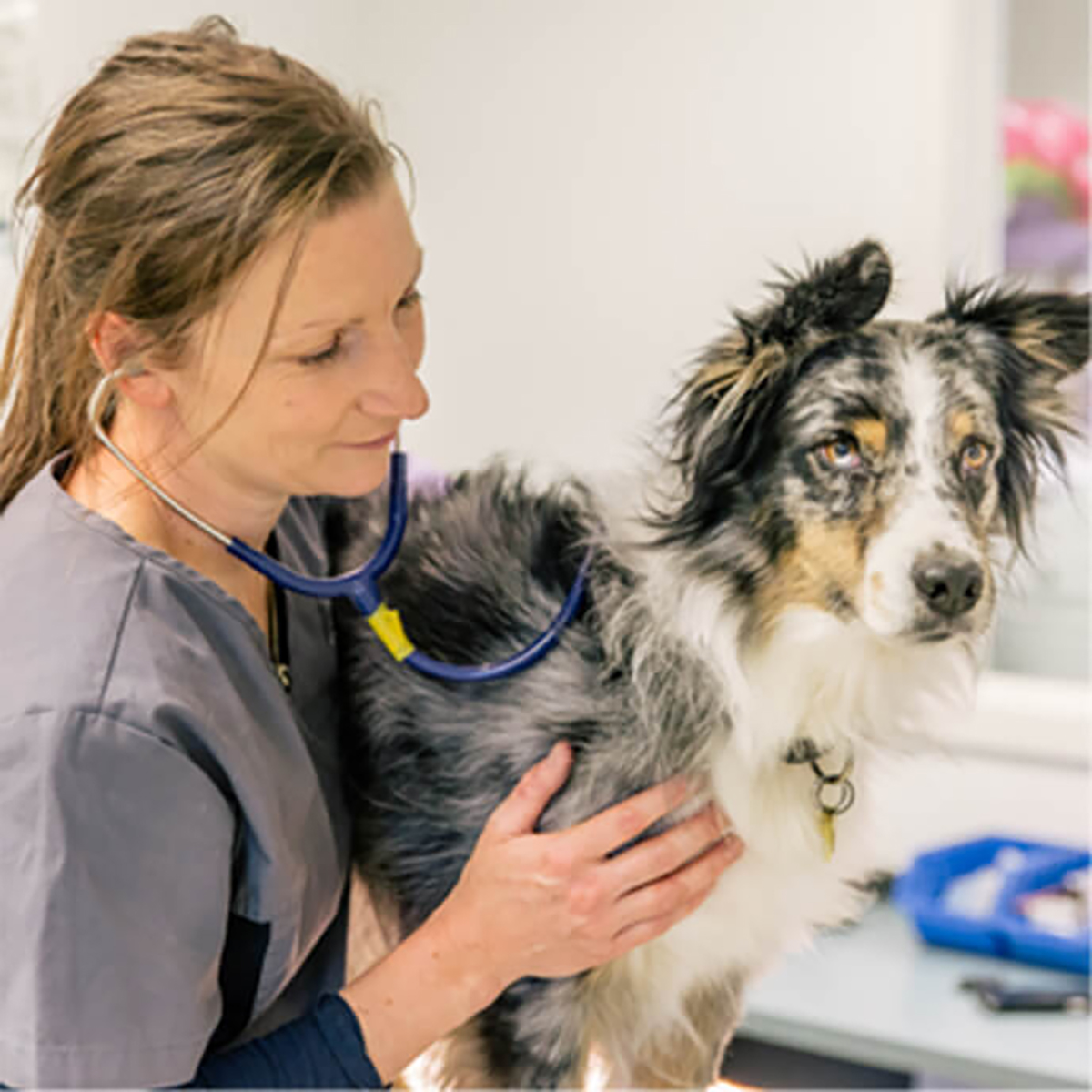

I rise today to speak about a matter very close to my heart: suicide prevention in the veterinary industry. In particular, I would like to touch on the work of the Australian Veterinary Association (the AVA) and not-for-profit organisation Not One More Vet in this space. As many in this place know, I was a veterinarian prior to my election as a member of the Legislative Council in April 2020. I love my previous occupation and I am proud of the work veterinarians do for animals and their owners, not just in South Australia but right across our nation.
I recognise how much of a privilege it is to be standing here representing South Australians, but no matter for how long I am privileged to be a member of parliament I will always consider myself a vet. I worked at the Riverland Veterinary Clinic for 15 years and my experience has made me acutely aware of the pressures that vets feel in the industry due to staffing numbers, long work hours and patient demands.
As a regional vet it is not unusual to work long hours or to be on call for extended periods. The alternative was to risk the wellbeing of animals and to cause distress to their owners, which for vets is not an option. Sadly, the pressures of the industry have resulted in Australian vets being four times more likely to take their own life than the general population, according to the Australian Veterinary Association. That is double the suicide rate of doctors, pharmacists, dentists and nurses. Many predict that the pressures on vets will continue to grow, with reports of a surge in pet sales throughout the COVID-19 pandemic.
We live in a world that is far more understanding of the importance of mental health. Beyond Blue, Lifeline and Headspace are just some organisations that have opened a positive dialogue about mental health, while providing services to individuals. In government we have seen a shift in funding to providing specific services in the mental health space. I am sure that everyone in this place welcomes the change in attitude to mental health in our nation, while recognising that we must explore avenues to continue to assist those who require our support as a government and as a community.
I am highlighting the AVA and Not One More Vet organisation today because of their work to support the mental health of those in the veterinary industry. They are not the only organisations to do so, and I would also like to acknowledge the large number of informal veterinary groups that contribute to the support structure of the profession. Much like Beyond Blue, Lifeline and Headspace, these organisations are opening a positive dialogue about mental health and providing important services.
Not One More Vet is the world’s largest peer-to-peer support group for veterinarians, providing resources tailored to the unique challenges faced by vets. Their services include education, financial assistance and funding research, and they run lectures and workshops as part of their education program, focusing on veterinary wellness and wellbeing. Topics include ‘Struggles new graduates face’ and ‘crisis intervention’. As well as supporting vets, the organisation is engaged in research, aiming to better understand the underlying issues around mental health in the veterinary profession, to guide programs that have a more significant impact in the future.
Not One More Vet is undertaking a great deal of work to ensure that our future vet workforce has the appropriate support. The Australian Veterinary Association represents, champions and empowers the veterinary profession to thrive by providing a voice, education, community and support. It is a membership-based organisation and provides a number of programs and services, including a free telephone counselling service, mental health first-aid training, graduate mentors programs and employee assistant programs. These programs are critical for the those in the veterinary industry.
The rates at which Australian vets take their lives is tragically high, and there is always more work we can do to provide the appropriate support. But I do believe that things are improving, as our community becomes more engaged with the importance of mental health and the importance of being kind. I recently attended a University of Adelaide networking night for veterinary students at the Roseworthy Campus. I was one of the guest speakers for the evening, and it was a pleasure to speak with so many students on the cusp of an exciting career in the vet industry.
I was heartened by the event, with the importance of mental health, building a support network and the industry’s challenges openly discussed throughout the evening. Vets play a critical role in our community. They save lives, they support and look after the wellbeing of animals, but vets need support too, and we need to work towards a time when not one more vet feels their only option is to take their own life.

Subscribe and stay in touch with Nicola and the Legislative Council.
Type on the line above then press the Enter/Return key to submit a new search query.